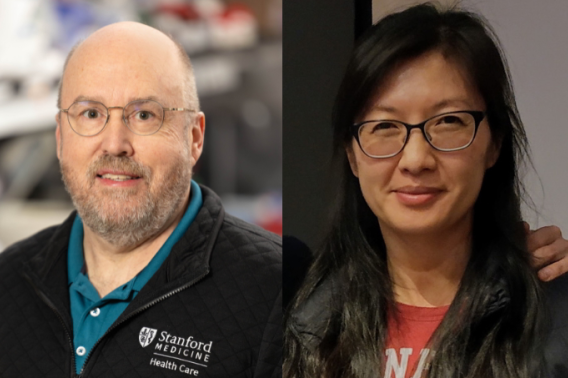Project Summary
Achieving proficiency in a specific task requires persistent practice and training. One of the most intriguing questions in neuroscience asks how such continuous engagement enables the brain to remember and retain new skills or memories effectively. Previous studies revealed that repeated stimulation of the same neural pathways strengthens their connections, a phenomenon known as long-term potentiation (LTP). During LTP, synapses undergo structural and functional reorganization, which enhances neurotransmission and consolidates memories and learned behaviors. While key molecular components involved in LTP have been identified, our understanding of the complete protein landscape and the complex interactions governing synaptic remodeling remains elusive. To map the protein compositions of pre- and postsynaptic terminals of excitatory neurons undergoing LTP requires a multifaceted molecular approach that is unbiased, proteome-wide, spatially precise, cell type-specific, and LTP-specific. However, no existing method possesses all these attributes. To address the unmet need, we propose to develop a proximity labeling tool that can label endogenous proteins within synaptic compartments in
an LTP-dependent manner. Our strategy uses CaMKIIa (calcium/calmodulin-dependent protein kinase II alpha), an established key driver of LTP, to control the activity of the proximity labeling enzyme TurboID. Once activated at potentiated synapses, TurboID will tag proximal endogenous proteins during a user-defined time window of 10-30 minutes, enabling us to identify and map synaptic proteins at different LTP phases through subsequent proteomic analysis. We will begin our studies in dissociated neuronal culture, then progress to acute brain slices and finally awake behaving animals. Ultimately, this study should provide both a novel molecular tool for spatiotemporally-specific profiling of LTP-associated proteomes, and molecular insight into the mechanisms of adaptive behavior and learning.
Project Details
Funding Type:
Neurosciences Postdoctoral Scholar Awards (Interdisciplinary)
Award Year:
2025
Lead Researcher(s):
Team Members:

